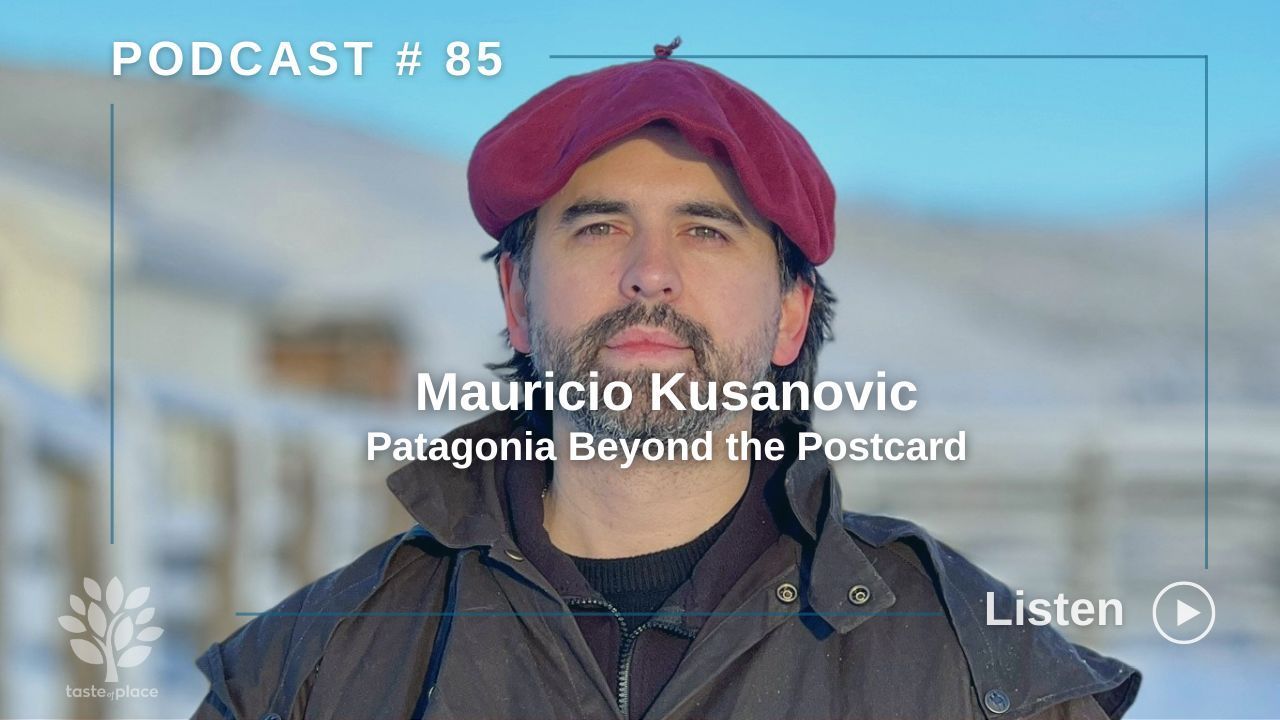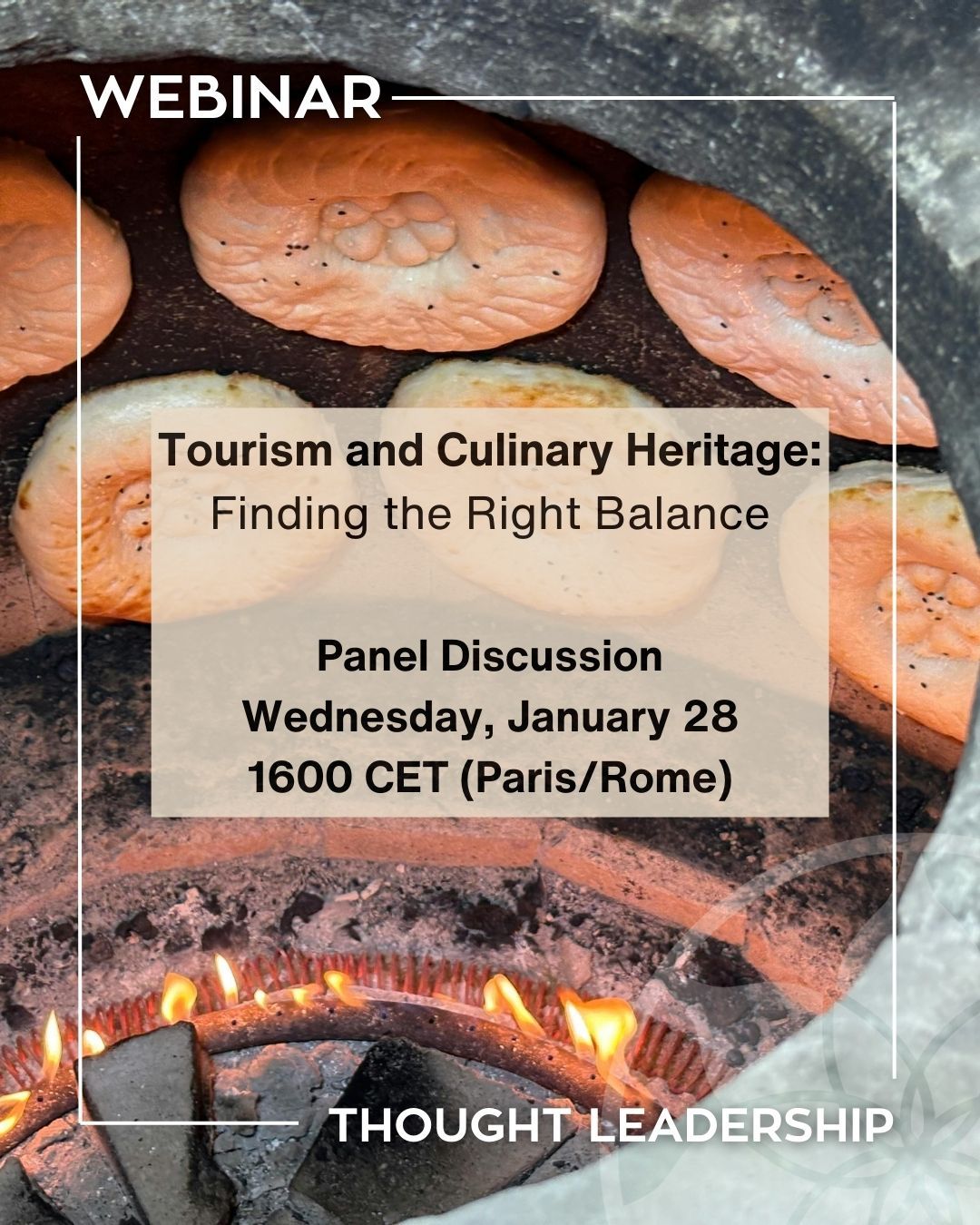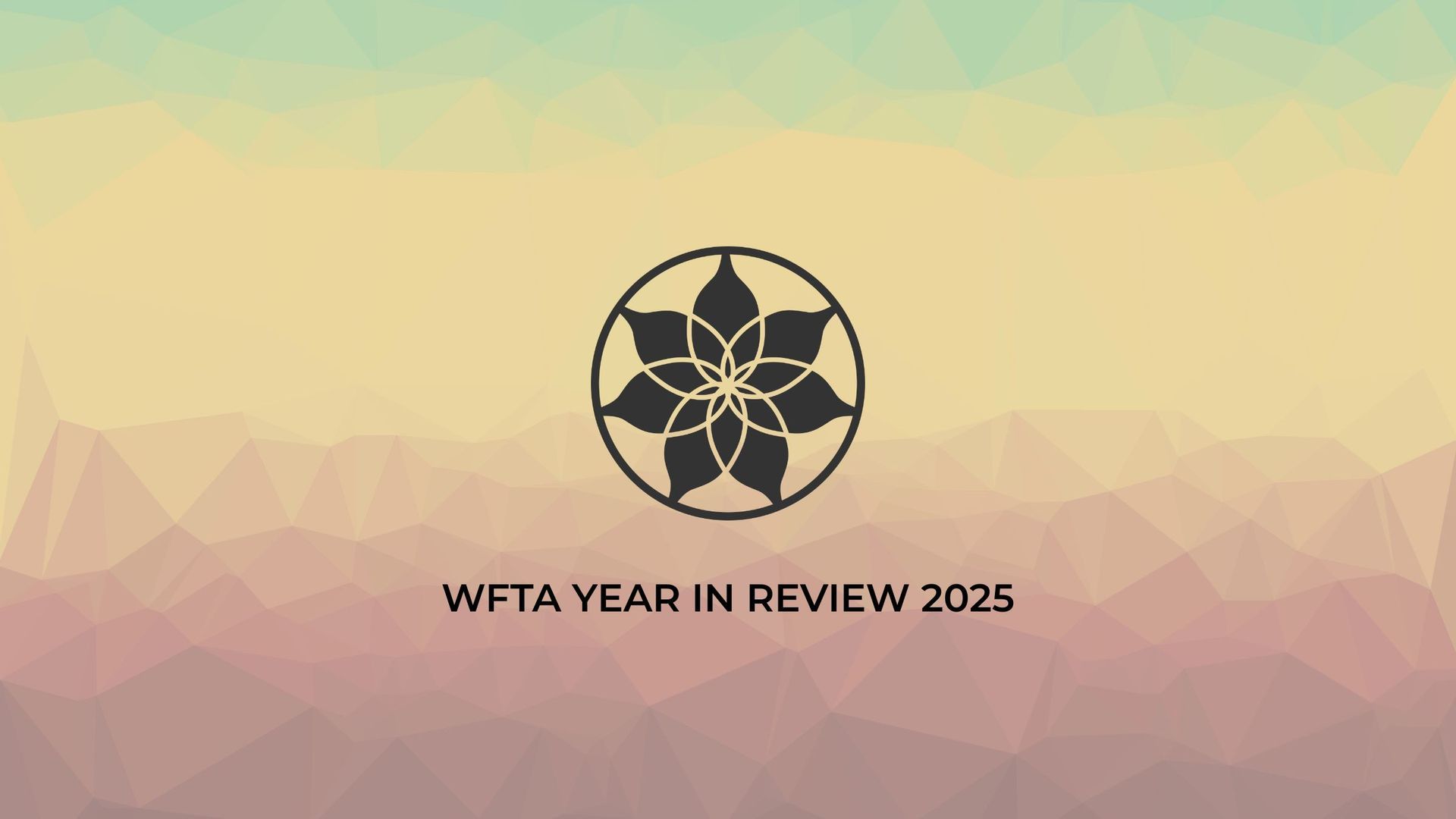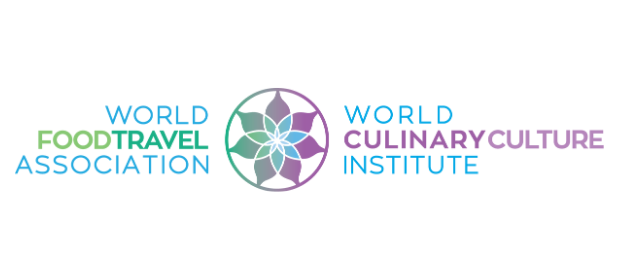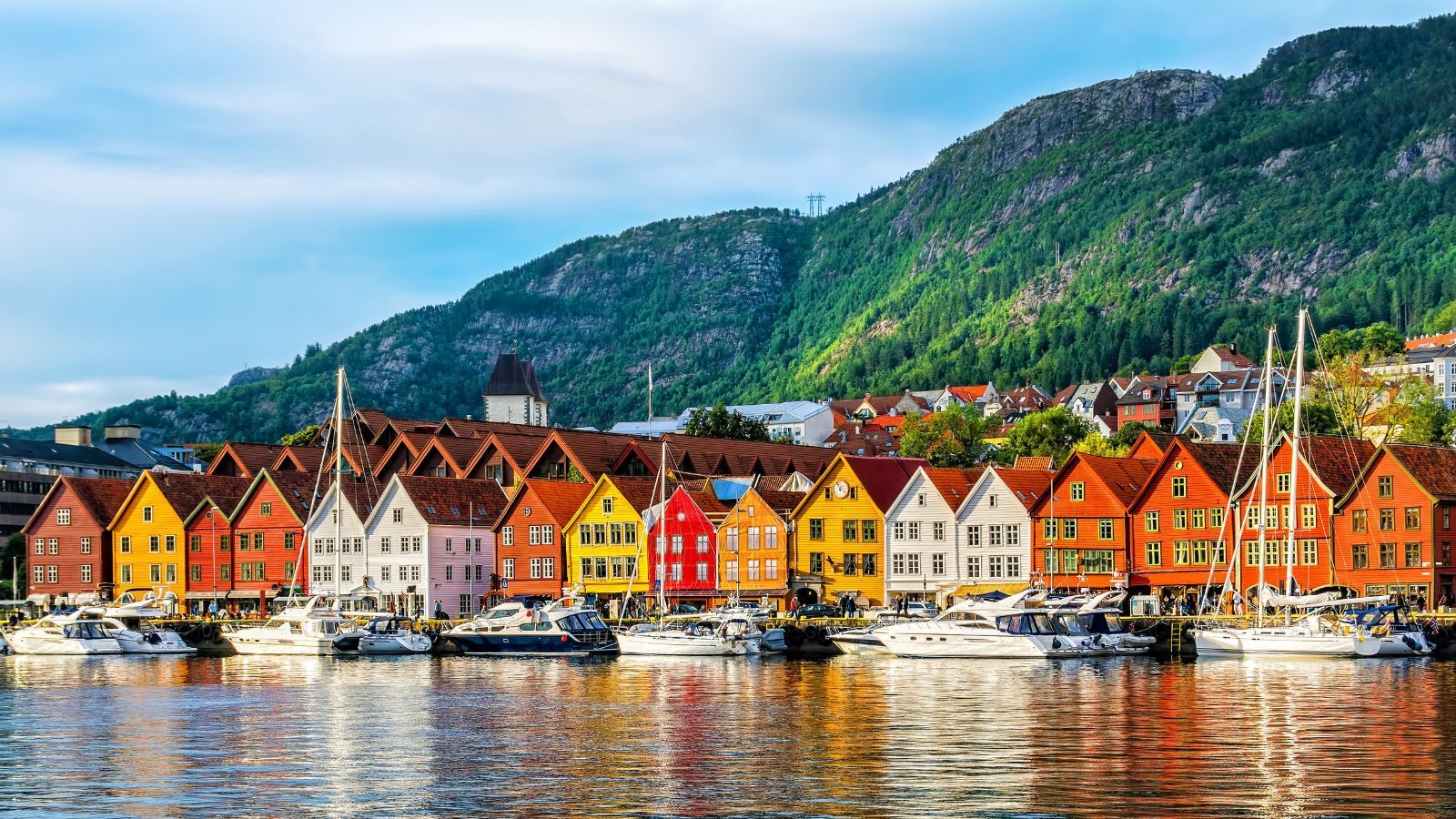Sociocultural and Economic Sustainability Issues Force Changes to Culinary Destination Management
Culinary destinations have enjoyed enormous opportunities and growth in recent years. The demand for unique culinary products and experiences has increased exponentially, with local foods, wines, and other beverages playing a key role in influencing destination choice. It stands to reason then, that some of the overtourism that many destinations have experienced is also due to these wonderful food and beverage experiences. Consider the 3-hour wait that visitors endure to indulge in the US$36 crab omelet at the 1 Michelin star Raan Ja Fai street food stall in Bangkok. Every day, the eager crowds block the street, waiting for a precious taste of food that has made headlines around the world.
Recently, there has been increasing concern over how effectively culinary destinations are being managed. According to our most recent Food Travel Monitor market research report , “…53% of leisure travelers choose their next destination because of food and drink.” We also know that food-loving visitors spend on average 25% of their travel budgets on food and drink (the figure is higher for gourmet travelers and in more expensive destinations). That said, food and beverage can play a tangible role in local and regional economic growth. Consequently, there is a constant need for checks and balances among growth-related issues.
At the World Food Travel Association, we understand the immediate need for a forum to discuss these issues and help the world’s culinary, tourism and hospitality businesses to survive and grow in a sustainable way going forward. We invite you to attend our upcoming FoodTrex Global Summit , taking place April 15-16. The theme of sustainability and its role in our evolving culinary cultures takes center stage at the Summit.
In the post-COVID world, we have no choice but to understand how we manage hospitality and tourism and how we can improve our industry in a sustainable way. The pandemic has severely dampened the demand and growth that was predicted previously for our industry. Culinary destinations and our hospitality industry have sometimes faced a fatal blow because of lockdowns, travel restrictions and fear. But there is a bright light at the end of the tunnel!
Culinary destinations and businesses are steadily climbing back with new plans and ideas, many of which incorporate strong sustainability features. Previously, sustainability had meant largely environmental issues. And now we know that economic and sociocultural issues are equally as important. This is what industry refers to as “People – Planet – Profit”. And specifically, culinary destinations need to identify and overcome issues that threaten their growth and take steps not to lose the uniqueness of their culinary cultures.
Even though culinary tourism has a substantial positive impact on the local economy, it can also jeopardize the sustainability of the local food ecosystem and supply chain. Overtourism often leads to difficulties for communities that were already suffering from a lack of natural resources. The presence of food-loving travelers can push some communities towards losing their cultural identity as the local economy slowly transitions to support the needs and demands of tourists. For example, restaurants starting to prioritize the preferences of the tourist palette at the expense of authentic local recipes and flavours. Many culinary destinations also face price inflation of commodities and foods which were once very affordable for them. This is not a sustainable development path.
Culinary tourism and sustainability are inherently interconnected. In our “ 2021 State of the Industry – Food and Beverage Tourism ” report, Royce Chwin, CEO of Tourism Vancouver (Canada), commented, “…we just need to find the balance. There is no infinite trajectory. We must beware of economic amnesia, which will cause us to forget where things were headed before COVID.” The entire concept of culinary destination management should start by understanding the cultural background and consumption patterns and preferences of locals.
The restrictions and limitations caused by the pandemic have forced culinary destinations to design resilient management models. Those destinations and destination marketers should keep in mind that tourism activities can have both positive and negative impacts, both in the short- and long-terms. And their local stakeholders (the businesses and entrepreneurs) need to be aware as well, of how they can contribute to the solution.
As we strive for more sustainable practices, we simply can no longer turn blind eye to these issues. Industry professionals are now expected to acquire the skills and knowledge to balance the benefits of gastronomy tourism while limiting its potential negative impacts.
To address these issues, we have invited Julián Bermúdez as a speaker at FoodTreX Global to help you understand and plan for these critical sociocultural and economic issues. Julián is a consultant and strategic innovator in food systems innovation, and sustainability is at the heart of his planning. In fact, his excellent work received a medal of honour from the Catalonia government for the development of gastronomy tourism research in Catalonia.
Written by Nivethitha Bharathi. Edited by Erik Wolf.
